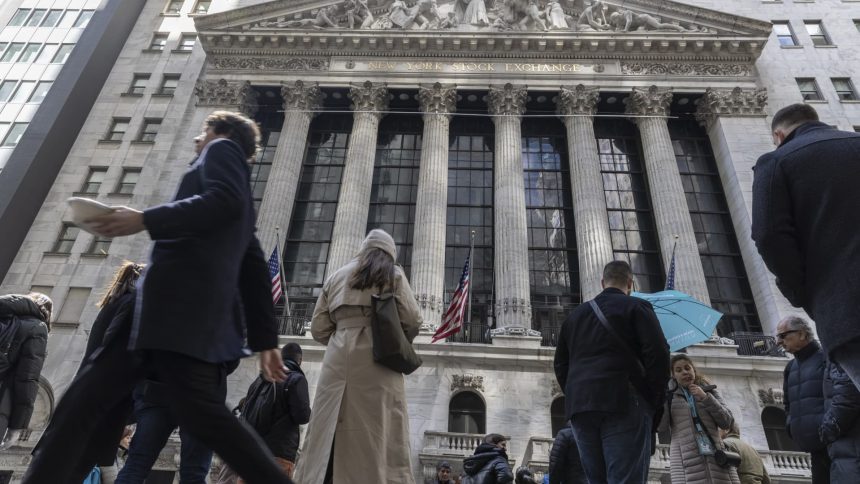Years of work on Wall Street to pick up the pace of trading will be put to the test this week. If all goes well, most people won’t notice the difference.
Starting Tuesday, trades of stocks and several other securities will need to be settled by the end of the next business day. Settlement involves the actual swap of money for a security. This so-called “T+1 settlement” is an acceleration of the previous process, which allowed for two business days.
The move is the latest evolution to make the plumbing of Wall Street look more like the front-end, which is increasingly moving toward trading apps and around-the-clock markets.
“For everyday investors who sell their stock on a Monday, shortening the settlement cycle will allow them to get their money on Tuesday. Shortening the settlement cycle also will help the markets because time is money and time is risk. It will make our market plumbing more resilient, timely, and orderly,” Securities and Exchange Commission Chair Gary Gensler said in a statement on May 21.
For most retail traders, the change is expected to be seamless. As physical paper versions of equity shares are all but extinct, most brokerage firms handle settlement automatically for their customers.
It could be trickier for large dollar trades and funds, especially those that hold international stocks since not all markets are aligned on settlement time frame.
“When you start talking about larger trades, block liquidity, that’s where you may see the movements in cost depending on the product, depending on the underlying market,” said Tim Huver, managing director at investment bank Brown Brothers Harriman.
This is not the first time that the SEC has shortened settlement time on trades, with the move to T+2 from T+3 happening in 2017. The SEC officially adopted the change to T+1 in February, though many industry experts had long expected the move.
The latest change comes after the GameStop mania in 2021 put the settlement process under closer scrutiny. The wild swings in so-called meme stocks meant that the agreed-upon price for trades was significantly different from the market price when the trade was actually settled. There was also increased instances of “failure to deliver,” or trades where settlement did not occur, during that period.
The excitement around GameStop and other meme stocks has had a resurgence in 2024. Shares of the video game retailer surged on Tuesday after disclosing that it had raised more than $900 million through an additional stock sale.
Read the full article here




